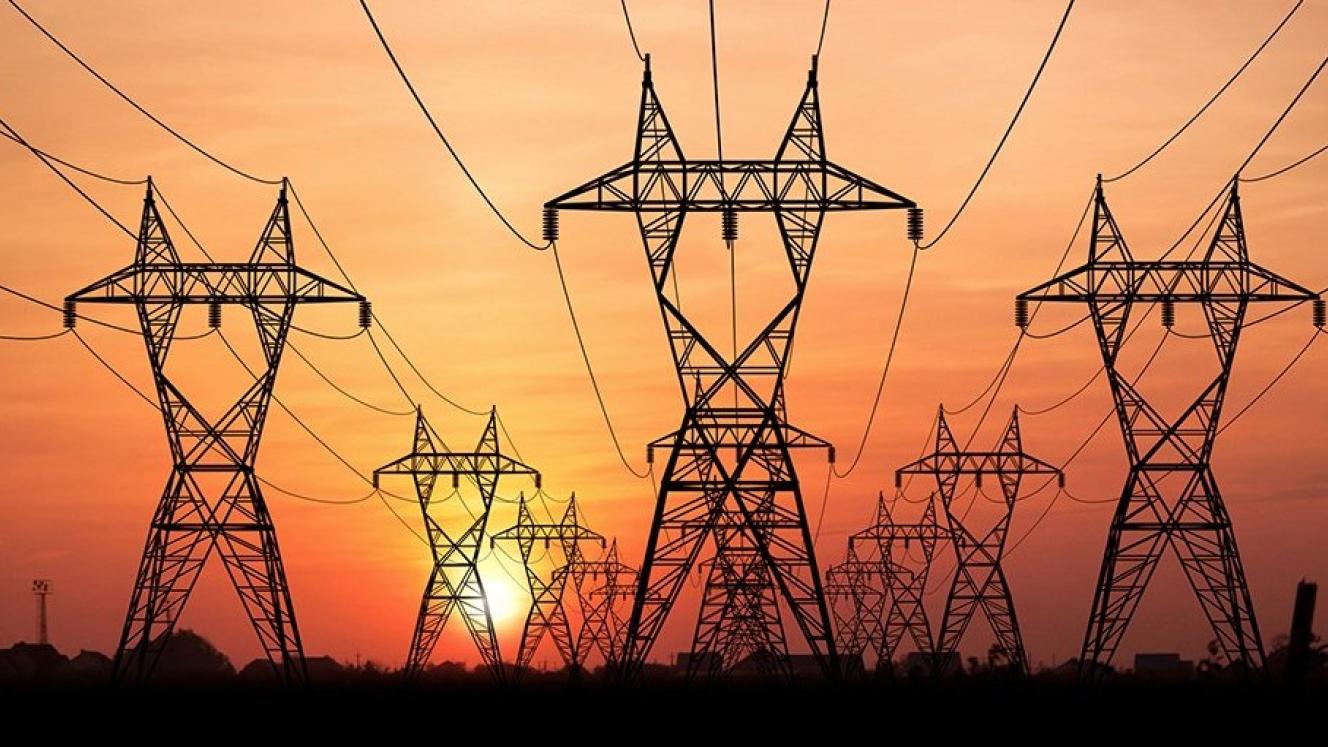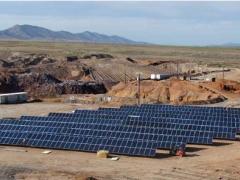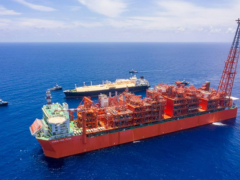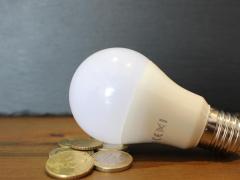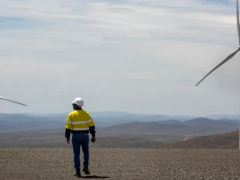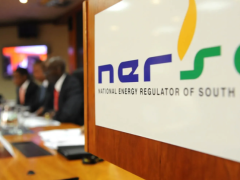North Sea oil and gas giants BP and Shell will sum up a torrid year for the industry globally in annual results this week. Analysts expect London-headquartered BP to report pre-tax losses of more than £18-billion (about R380-billion) after a dire second quarter BP is due to deliver full-year results for 2020 on Tuesday, with British-Dutch rival Shell posting its figures on Thursday.
Both companies will be counting the cost of Covid-19, a plunge in oil prices and massive write-offs as they responded to last year’s dramatic events. The pair are also facing major challenges ahead as the industry tries to pivot away from fossil fuels in a global energy transition.
Stuart Lamont, investment manager in the Aberdeen office of wealth manager Brewin Dolphin, said: “Oil prices have largely stabilised over the past few months and currently sit at around the $50 mark – roughly where they were a year ago.
“The greater level of certainty that comes with this should filter into the results of BP and Royal Dutch Shell, both heavily hit when the crisis began and seeing their share prices tumble as a result.
“That said, both companies’ shares are trading not far off the lows registered in March 2020, when fears over the economic impact of Covid-19 were at their height.”
He added: “A big part of the reason for this is around disruption within the oil and gas sector as companies navigate the energy transition.
‘‘BP and Royal Dutch Shell have made pledges to decarbonise themselves, but with that comes execution risk and considerable growth in their renewable generation capacity over the coming years.
“Inevitably, this will need investment at a time when there is uncertainty regarding the returns achievable from renewables.
“Many watchers of the companies will be waiting to hear more on how they will progress their plans and maintain relevance in a rapidly changing world.”
Oil’s recent rebound means the price of a barrel of crude is down by barely 6% over the past year but BP’s shares are trading 40% below where they were a year ago.
Russ Mould, investment director at stockbroker AJ Bell, said: “This may reflect market scepticism over the sustainability of oil’s recovery, investors’ doubts over whether BP can pull off its pivot towards more sustainable forms of energy or even concerns… that the company is not going far or fast enough with the new, net-zero strategy outlined last year by CEO Bernard Looney.
“Sentiment has not been helped by a dividend cut, heavy losses in the second quarter and break-even result in the third, thanks in part to weak commodity prices and in part to $22-billion (about R330-billion) of asset impairments and write-downs.”
BP announced yesterday that it had entered the offshore wind market through a new partnership with Norwegian company Equinor. They will together develop up to 4,4 GW from the Empire and Beacon wind farms off the US east coast and seek other offshore wind opportunities.
Dev Sanyal, executive vice-president of gas and low carbon energy, BP, said: “We see significant opportunities by rapidly growing BP’s offshore wind business, making a major contribution to our strategic goals and developing assets that will provide long-term, stable returns.”
Acknowledgement
This article was first published by EnergyVoice.com

